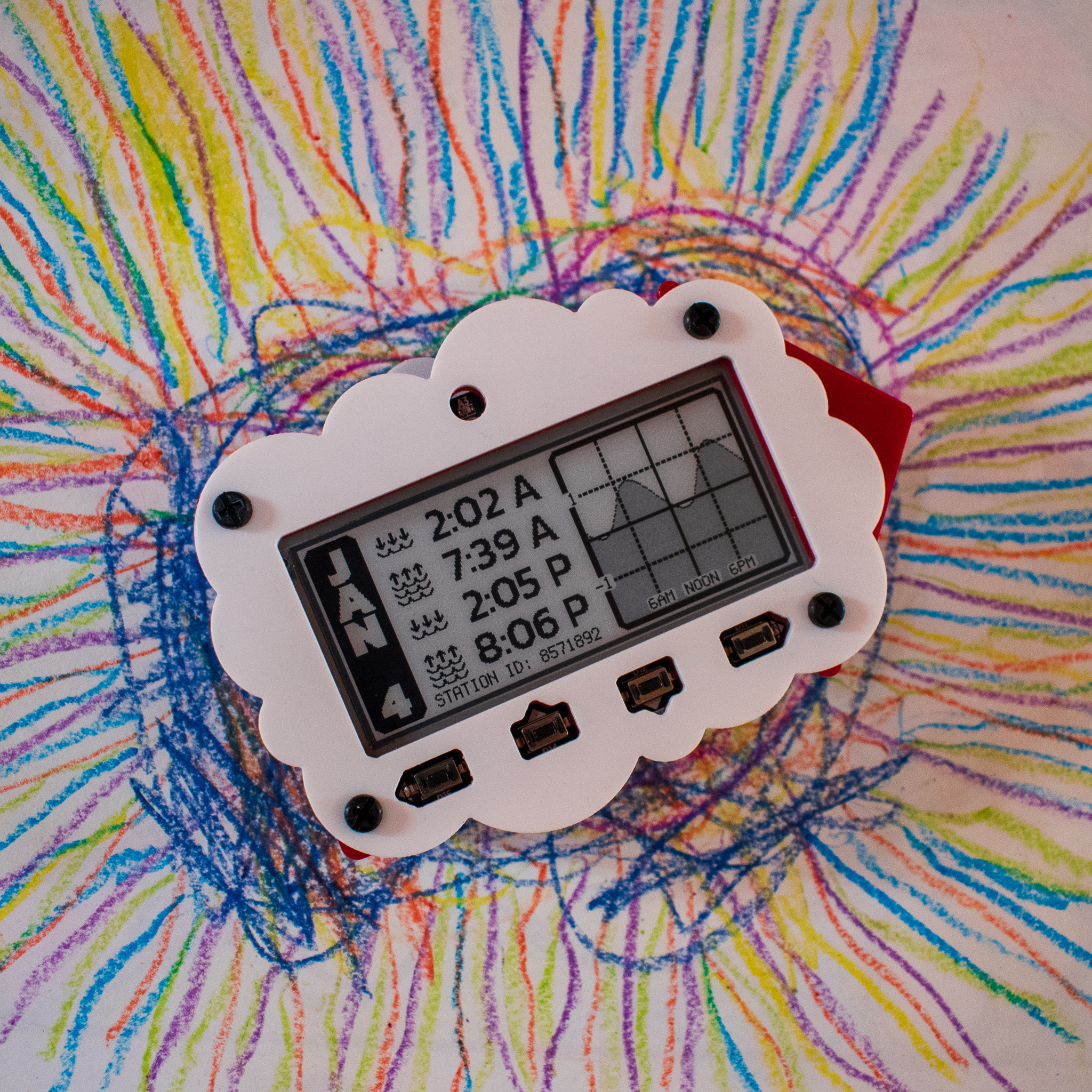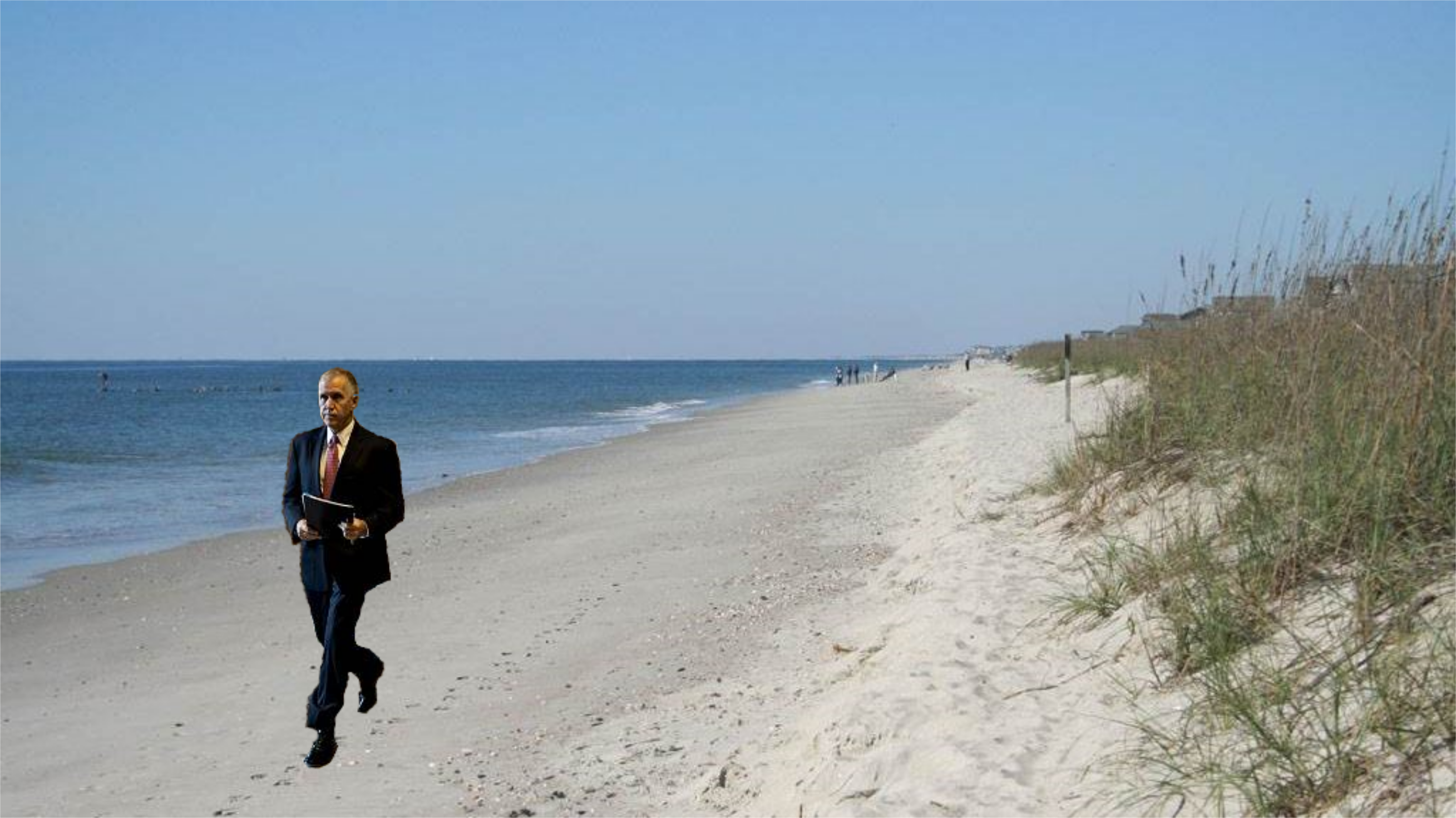On September 14, 2022, I gave a talk on community oceanography and the OpenCTD for the AtlantOS Ocean Hour “Democratizing ocean observations through low-cost technologies” workshop. Below is the transcript from that talk.

Good morning and thank you for inviting me.

Access to the tools of science is not equitable, and nowhere is this inequality of access more pronounced than in the ocean sciences, where all but a few entities have the capital to mount major oceanographic research campaigns. I come from the world of deep-sea ecology, where budgets can quickly climb into the tens of millions of dollars. But even small-scale coastal research can be stymied by the need for vessels, equipment, and instruments, access to which is often controlled by research institutions.
As the need to understand the dramatic changes happening both at the surface and beneath the waves accelerates, barriers to access that precludes the participation of the full breadth of ocean stakeholders erodes our potential to understand, anticipate, and mitigate those changes.
One of the missions of my post-Academic career has been to make the tools of ocean science more accessible to more people. I believe that the ocean belongs to everyone and that the tools to study the ocean should be available to anyone with the curiosity and motivation to pursue that inquiry.
Chief among those tools is the workhorse of oceanography, the CTD.
Read More “Community Oceanography with low-cost, open-source CTDs” »




